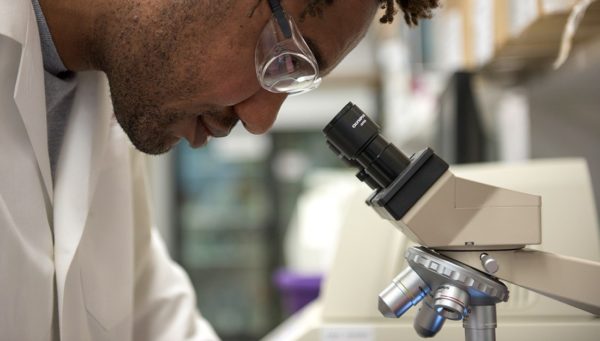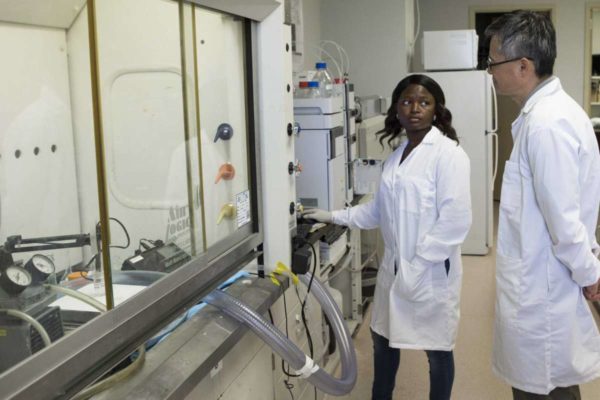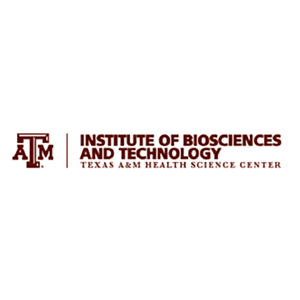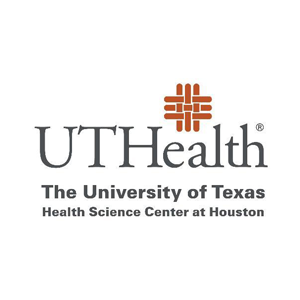- Could Male Contraceptives Make It to Market Within the Next Decade?
You can read our Cookie Policy here. I Understand. Advertisement. Technology Networks logo. Drug Discovery … Drug Discovery · Articles; Content Piece … - Merck, Mayo Clinic Link Clinical Data and AI to Strengthen Early Drug Development Decisions
New collaboration integrates Mayo Clinic's multimodal clinical data and platform capabilities with Merck's AI research to support earlier … - OrsoBio's LXR inverse agonist for triglyceride disorders – Drug Discovery and Development
OrsoBio, a small biotech company focused on developing therapies for obesity, is looking beyond the GLP-1 trend in weight-loss solutions. - Recursion Pharmaceuticals, Inc. (RXRX) Advances AI Drug Discovery Amid Market Shifts
… drug discovery. NVIDIA had maintained its stake in the company for 2 years and was viewed as a vote of confidence in the AI-driven approach to … - A Look At Recursion Pharmaceuticals (RXRX) Valuation After Nvidia Exit And ARK Invest …
If this volatility has you looking across AI driven drug discovery, it could be a good moment to scan our list of 27 healthcare AI stocks as potential …
Gulf Coast Consortia Awarded $12.6 Million for Cancer Research
HOUSTON-(March 31, 2011)- The Gulf Coast Consortia has been awarded a grant of more than $12.6 million from the Cancer Prevention Research Institute of Texas (CPRIT) to launch a collaborative program that brings together researchers with the common purpose of developing new cancer treatments. The Gulf Coast Consortia CPRIT Throughput Screening Program, a component of the John S. Dunn Gulf Coast Consortium for Chemical Genomics, is designed to provide Texas’ researchers with access to resources normally only available to scientists working in large pharmaceutical companies. Robotic machines and chemicals will be among the available resources.
“We are thrilled that the work of the Gulf Coast Consortia is being recognized in this way, and we look forward to seeing the results of this collaboration,” said Kathleen Matthews, Ph.D., chair of the Gulf Coast Consortia Oversight Committee and the Stewart Memorial Professor of Biochemistry and Cell Biology at Rice University. “By providing access to these resources, the program will help researchers translate the important discoveries that are being made in the research laboratory into new treatments for this important disease category.”
Peter Davies, M.D., Ph.D., provost and executive vice president for research at The University of Texas Health Science Center at Houston (UTHealth), is the principal investigator and will also serve as the program’s co-director with Michael Mancini, Ph.D., associate professor and director of the Integrated Microscopy Core at Baylor College of Medicine.
“The primary goal of the program will be to accelerate the movement of basic discoveries in cancer research into clinical application through provision of critical resources to support drug discovery research and therapeutics development in Texas,” Davies said. “By combining state-of-the-art laboratory technologies with a sophisticated program of informatics for data mining and data sharing, the program will allow cancer researchers to pick the most promising leads, new molecules or drugs that have the highest probability of success in their path to development of new cancer therapies.”
The Gulf Coast Consortia brings together the strengths of its six member institutions to build interdisciplinary collaborative research teams and training programs in the biological sciences at their intersection with the computational, chemical, mathematical and physical sciences. It is composed of UTHealth, Baylor College of Medicine, Rice University, University of Houston, The University of Texas Medical Branch at Galveston and The University of Texas MD Anderson Cancer Center.
“This new award from CPRIT will greatly expand drug discovery capabilities for cancer therapeutics. Baylor College of Medicine is proud to be a part of the Gulf Coast Consortia’s programs to foster collaboration among scientists in the Gulf Coast region,” said Timothy Palzkill, Ph.D., professor and chair of the Department of Pharmacology at Baylor College of Medicine. Working on various elements of the CPRIT Throughput Screening Program funded by the grant are UTHealth, The University of Texas MD Anderson Cancer Center, The University of Texas at Austin, Rice University, Baylor College of Medicine and The Methodist Hospital Research Institute.
“This is an exciting opportunity for the drug development efforts at UT Austin’s Texas Institute for Drug and Diagnostics Development. By partnering with the Gulf Coast Consortia, we are able to leverage efforts and capabilities in Austin with those of the Houston area institutions. Such an unprecedented level of research coordination across the state of Texas is an innovation in itself, one that will lead to a very fertile foundation for many breakthroughs in our fight against cancer,” said Brent Iverson, Ph.D., the Warren J. and Viola Mae Raymer Professor and chairman of the Department of Chemistry and Biochemistry at UT Austin. Stephen Wong, Ph.D., the John S Dunn Distinguished Endowed Chair in Biomedical Engineering and professor of radiology, neurosciences, pathology and laboratory medicine at The Methodist Hospital Research Institute, added, “This allows us to be a hub and put Texas on the map in high throughput drug discovery nationally. We at Methodist are proud to be part of the team that will process, analyze, manage and turn mountains of drug screening information into credible hits for cancer drugs. We’ll also be able to combine these high throughput data with genomic and drug databases to identify underlying molecular pathway mechanism of various type of cancer.”
Building upon support from the John S. Dunn Foundation and UTHealth’s Clinical and Translational Sciences Award from the National Institutes of Health, the program will include technology and administrative cores, plus an information exchange network to promote collaboration and data sharing among Texas cancer researchers.
“This is very exciting news for the institutions involved and for the development of state-of-the-art high throughput technologies that can be applied to cancer research in Texas. It will help investigators identify new targets, new agents and approaches to the treatment of cancer, ultimately benefiting patients in Texas and nationwide,” said Garth Powis, D. Phil, chair of the Department of Experimental Therapeutics and director of the Center for Targeted Therapy at MD Anderson Cancer said. Members of Gulf Coast Consortia and its oversight committees said the CPRIT award represents the consortia’s collaborative spirit.
“Rice is eager to play its role as a partner in the education and information exchange aspect of this vitally important program that will accelerate the development of cancer therapeutics,” said Daniel Carson, Ph.D., dean and Schlumberger Chair of Advanced Studies and Research at the Wiess School of Natural Sciences at Rice University.
Texas leads the nation in its commitment to curing cancer. In 2007, Texas voters overwhelmingly approved a constitutional amendment establishing the Cancer Prevention and Research Institute of Texas (CPRIT) and dedicating up to $3 billion to invest in groundbreaking cancer research and prevention programs and services in Texas. CPRIT focuses on expediting the innovation and commercialization of cancer research – in turn increasing the potential for a medical or scientific breakthrough – and enhancing access to evidence-based prevention programs and services. “We are very excited that the high throughput screening program will provide tools that will accelerate identification and development of new cancer therapeutics,” said William New, associate dean for research administration at The University of Texas Medical Branch at Galveston.
For more information, visit www.cprit.state.tx.us.
Meredith Raine
Media Hotline: 713-500-3030











